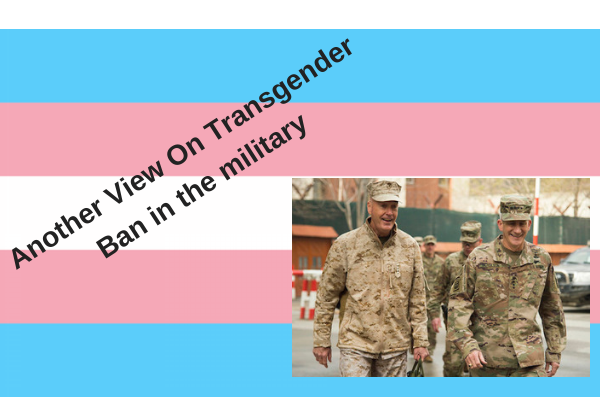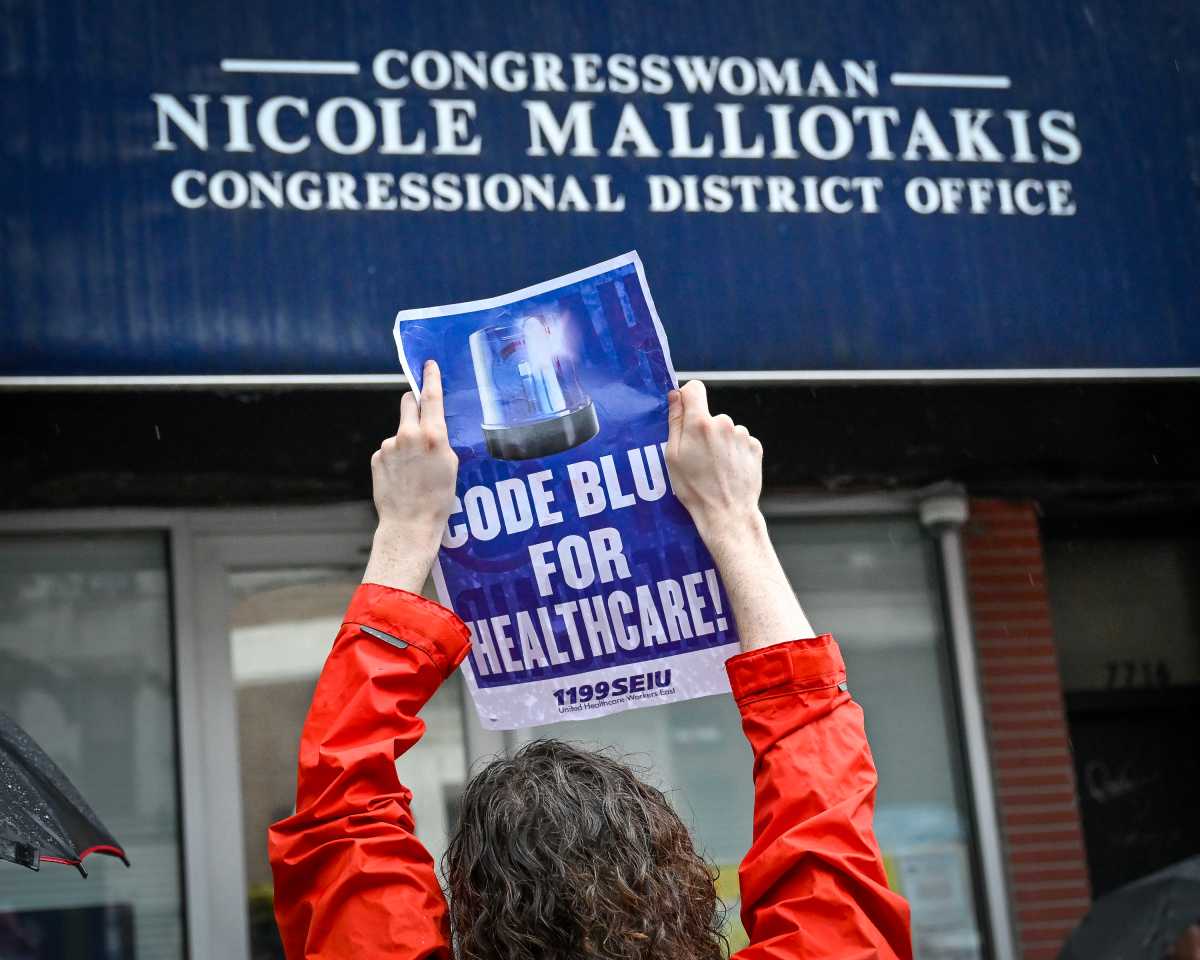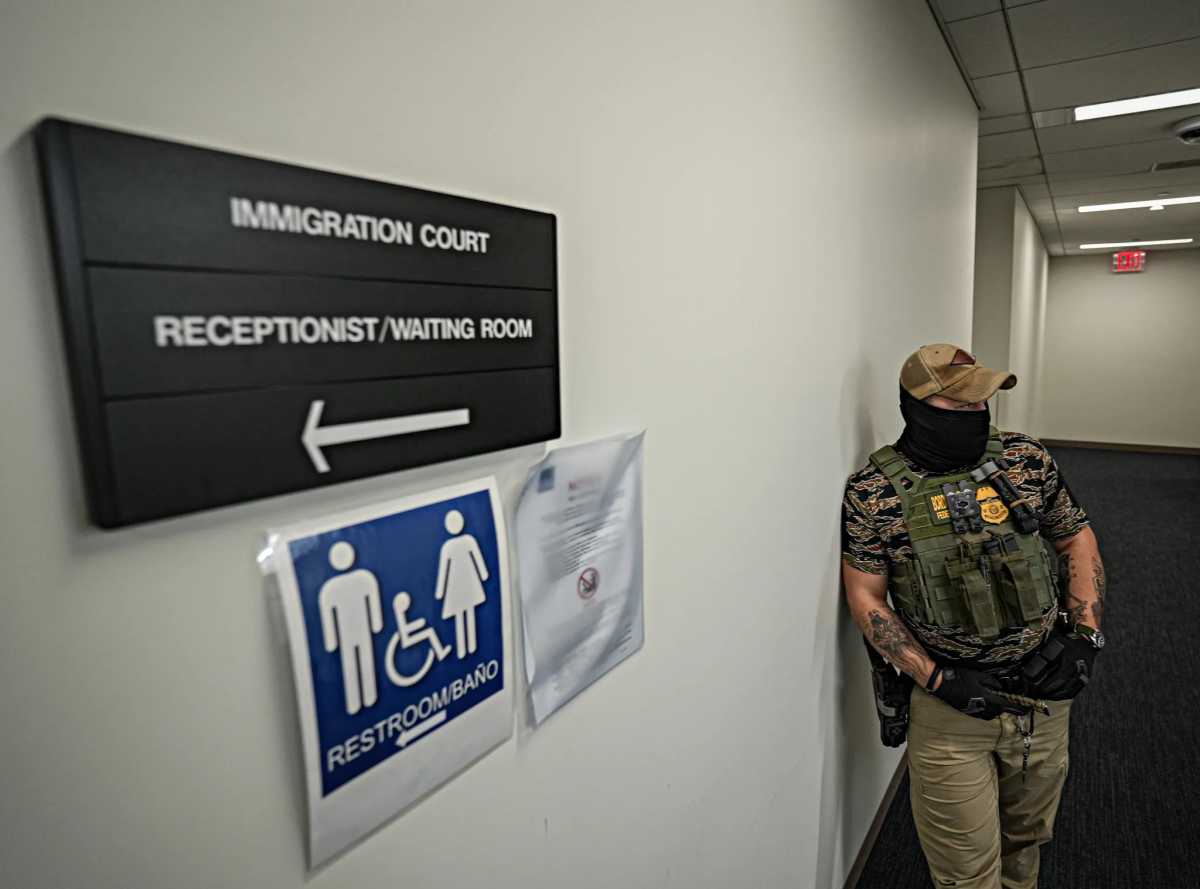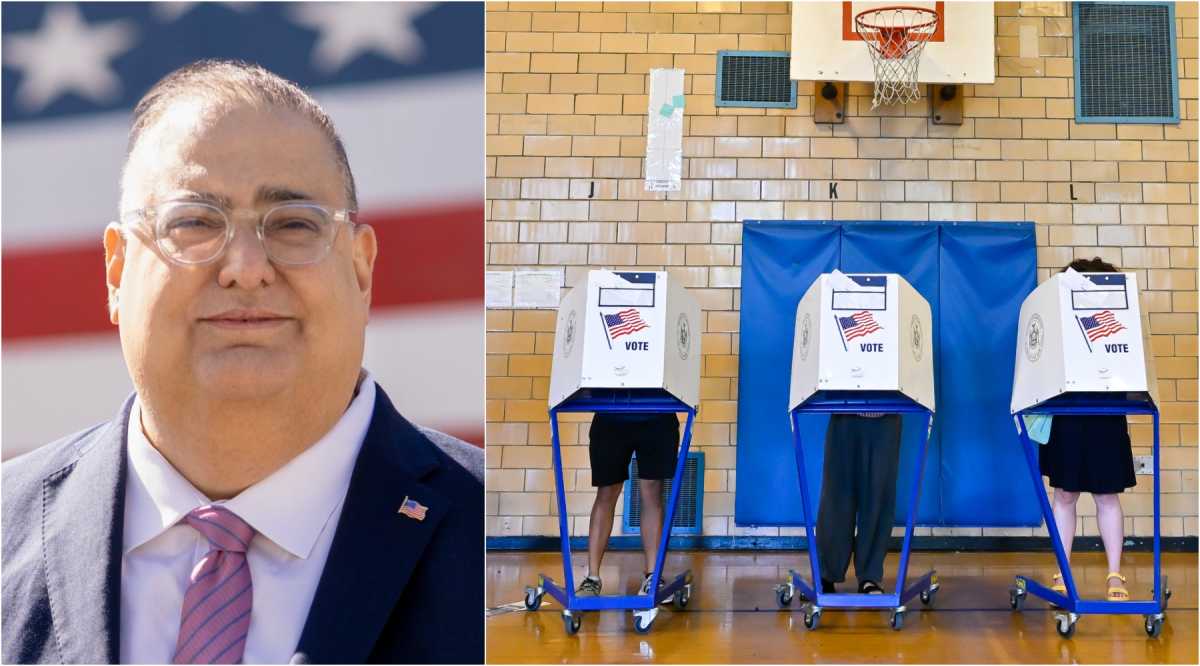Editor’s Note: It is the KCP policy to post all op-eds it receives with few exceptions. Posted op-eds may or may not reflect the views of the editorial staff as we sometimes disagree amongst each other.
The recent U.S. Supreme Court decision continuing the Trump Administration’s ban on transgender military service will no doubt generate an outcry from those self-anointed “social justice warriors” who view this as another great injustice to yet another aggrieved class of Americans. As a retired Marine Vietnam veteran, and the father of a Marine who represent our families 5th generation of overseas wartime service, I think I’m qualified to offer an opinion and I certainly have some skin in the game.
Why shouldn’t transgenders serve?

A 2015 survey by the National Coalition of Transgender Equality found that “…40% of trans identified respondents had attempted suicide during their lifetime — nearly nine times the attempted suicide rate in the U.S. population.” Perfect. So we should sign them up and give them a gun?
How can anyone legitimately believe that enlisting into the Armed Forces those who attempt suicide at a rate 9 times the rate of the general population and giving them an M-16, a tank, a fighter aircraft or access to a WMD is a good idea? Is not suicide already an issue among active duty personnel and veterans? As a combat soldier or Marine with knowledge of this fact would you really feel confident serving alongside soldiers who are substantially more inclined to kill themselves and maybe you, instead of the enemy?
The Army, Navy, Air Force, Marines and Coast Guard are not intended to be instruments of social change or social justice. They are intended to have the capability of killing, or training to kill, as many of the enemy in the most expeditious manner possible. The premise that “individual rights” or “equal opportunity” matter in this debate is bogus. No one has a right to serve in the military. When serving, individual constitutional rights take a back seat to military readiness. There is only one consideration when deciding this issue. All that matters is: “Does this policy enhance or degrade military readiness?” I maintain it degrades it.
Some will argue that if you can qualify and meet the standards you should be allowed to serve. In a perfect world maybe so, but military service and combat are not a perfect world. They are a world in which small aberrations or mistakes caused by the lack of unit cohesiveness or low morale cost lives. One could argue that a 60 year old triathlete should be allowed to enlist in the Army. The military doesn’t accept 60 year olds because, except for a few outliers, the vast majority of 60 year olds can’t make the grade to serve. Keeping two million people under arms is a numbers game and to be burdened with special screening, qualifying, training and monitoring of the “outliers”, be they transgendered or 60 years old, is a burden the Armed Forces don’t need and a policy that will cost lives in combat.
In a 2017 article by University of Texas professors of gender studies, Lisa L. Moore and Paige Schilt, titled “Transgender Military Ban Based on Fake Safety and Fake Economics,” the professors noted “…gender-variant people are already serving, and have done so since the American Revolution.” While that may be true, that doesn’t mean the policy should be continued.
This is not a decision that should be based on politics. It is not a decision that should be based on fairness, and it is not a decision that should be based on the opinions of professors of womens and gender studies. It should be based solely on what option actually enhances, not degrades, combat readiness.
Jerry Patterson is a Former Texas Land Commissioner, state senator, and retired Marine Vietnam veteran.










